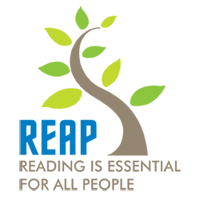REAP trains teachers to teach struggling readers using the science of reading
- 39% of Georgia 4th graders can’t read at a basic level
- 68% of 8th graders (more than 85,000 in Georgia) aren’t proficient readers.
- Kids who can’t read proficiently by 3rd grade are 4 x more likely to quit high school.
- 2/3 of kids who can’t read proficiently by the end of 4th grade will end up in jail or on welfare.
- 70% of all inmates can’t read above a 4th-grade level.
Without strong reading skills, the future often looks bleak for these kids.
Students are being left behind because traditional teaching methods have failed them.
Nearly every child is capable of reading, yet many schools write off struggling readers as hopeless. Why does this happen? Because they don’t realize that struggling readers need a different kind of reading instruction. Prevalent reading programs such as Balanced Literacy are not based on science, and they’re simply ineffective for the many thousands of Georgia students who struggle with reading.
“Scientific research has shown how children learn to read and how they should be taught. But many educators don’t know the science and, in some cases, actively resist it. As a result, millions of kids are being set up to fail.”
A quote from Hard Words: Why American kids aren’t being taught to read
https://www.apmreports.org/story/2018/09/10/hard-words-why-american-kids-arent-being-taught-to-read
Teachers want to know how to help
There are struggling readers in every public school, yet most teachers don’t know how to help them. It’s hard to believe, but most teachers leave college without the tools they need to effectively teach reading. Struggling readers fall through the cracks. Illiterate kids get passed to the next grade with the hope that maybe the next teacher can help them.
Every child deserves to be a reader
REAP knows there is hope for these readers. Help REAP train teachers to effectively teach struggling readers using Structured Literacy so they can become confident, successful learners! There are many teachers who would love to have REAP training so they can help their struggling readers. There are schools that desperately need this training but have very limited budgets that can’t stretch to cover the costs of this intensive training. REAP works hard to subsidize the training in these cases, but we need your help to do it.


